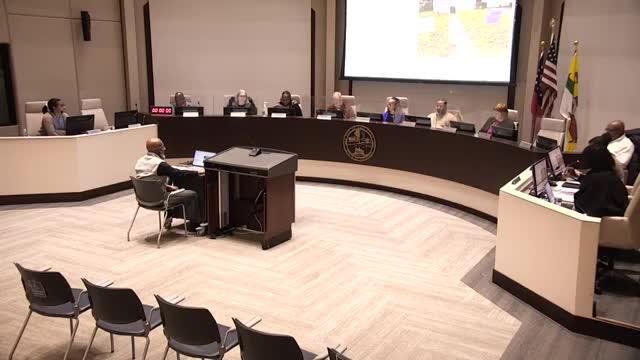Article not found
This article is no longer available. But don't worry—we've gathered other articles that discuss the same topic.
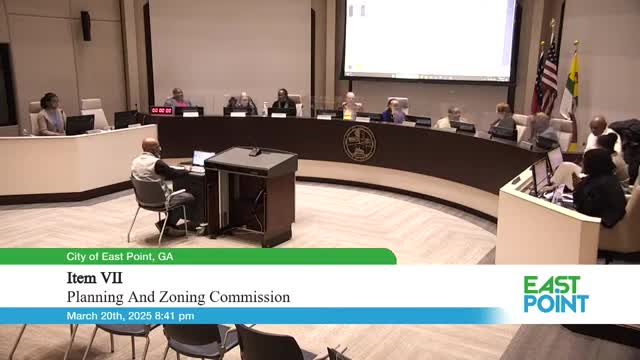
Planning and Zoning Commission elects officers: Lovett chair, Miller vice chair, Watson provisional chair
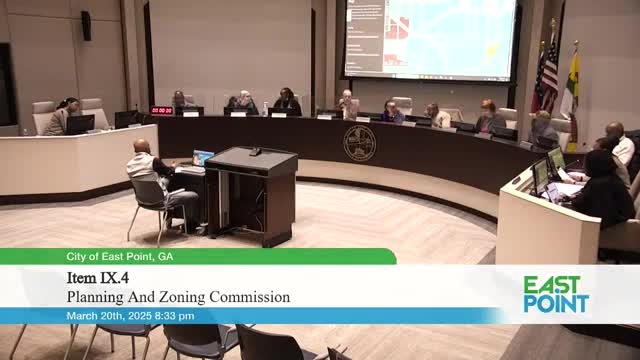
Commission defers citywide public-notification text amendment to next month's work session
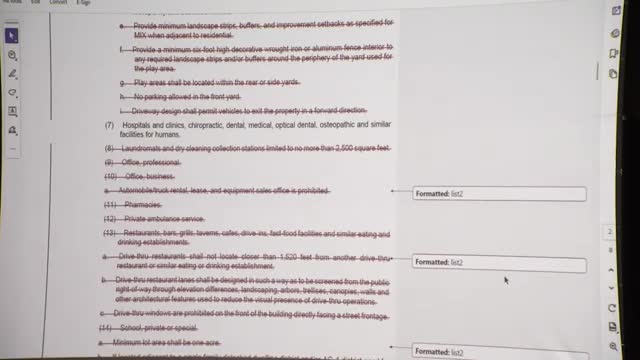
Commission defers citywide medical-institution zoning text amendment for further review
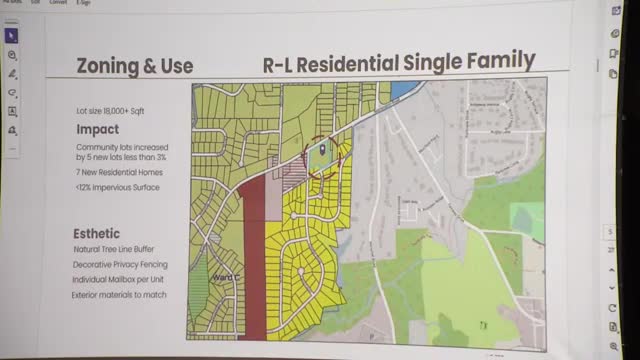
Commission denies variance for subdivision and reduced setbacks at Washington Road parcels
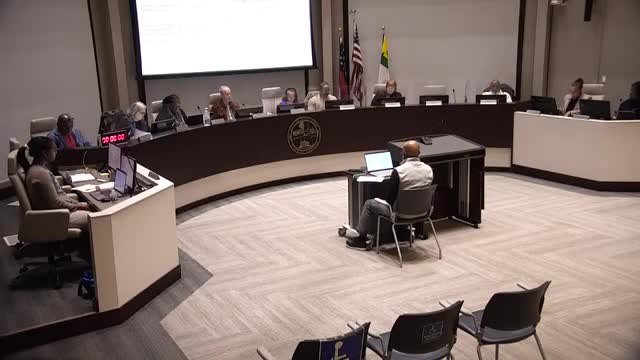
Planning commission recommends denial of rezoning for 2257 Delo Drive; case will go to City Council
